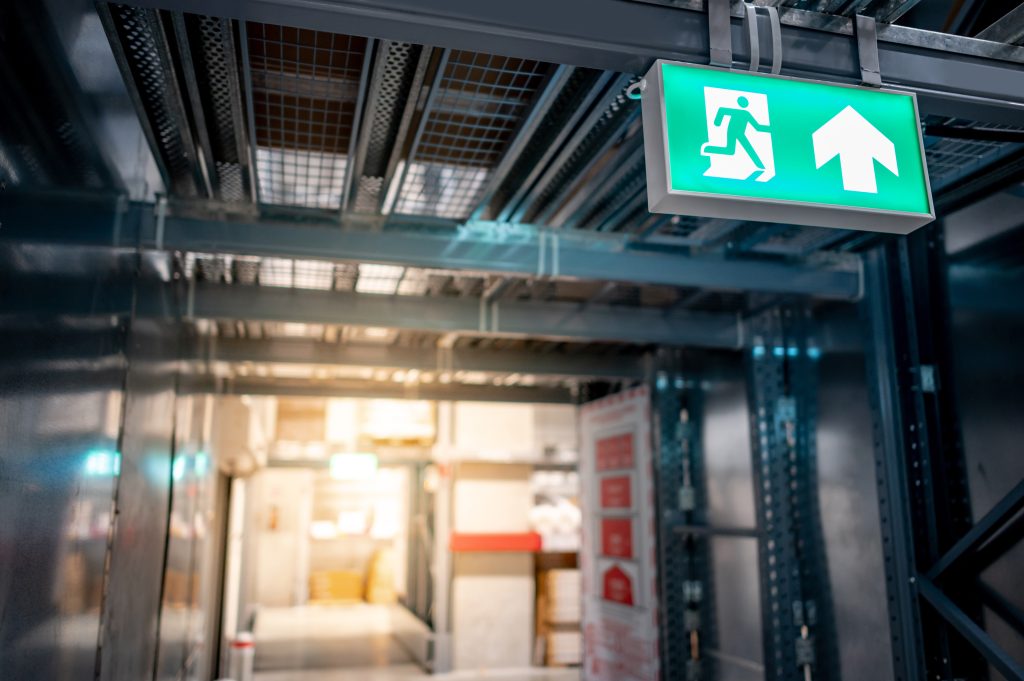 While we’re all too aware of the need to make online accounts secure, it’s all too easy to forget about the ones we no longer use.
While we’re all too aware of the need to make online accounts secure, it’s all too easy to forget about the ones we no longer use.
Here’s a true story… I have a personal website that I haven’t logged into for about 8 months. It was one of those spurs of the moment things I threw together with the intention of building it up over time. However like many blog-style sites, I ran out of steam, it got neglected, and eventually, it was consigned to that website graveyard in the sky…or so I thought!
Around 2 weeks ago, for whatever reason, this site crossed my mind, so I decided to log in. When I did I found that someone had hacked into the site and spammed it with a ton of links. Naturally, I removed all the links and changed my password, but this got me thinking….
What actually happens to all those abandoned accounts that we never log into? You know…those mothballed email accounts, that Myspace page you started on a whim many moons ago, or a long-forgotten profile you created. Are they still vulnerable to hackers?
The answer is yes…..
In fact I’d go so far as to say that they’re at greater risk because as we no longer log in, passwords never get changed.
Fortunately, there’s something you can do about it, but it involves identifying all of your accounts. If that sounds like a seemingly impossible task, I’m with you, as if you’re anything like me, there will be some accounts you don’t even remember creating. However, try searching old user names through sites like ‘Know Em’. It can help you readily identify services that have been set up using that particular user name. While it won’t tell you that the user name is directly linked to you, it may jog your memory.
The next step of course is to close and/or delete the account. There are a couple of useful resources that can help you do that and they are Just Delete Me and Account Killer. Simply follow the instructions.
While that’s okay, what about if you can’t find where to close or delete the account?
The good news is that there are still steps you can take. Login in and change as much information as possible. Eg, date of birth, phone numbers, even your real name. By falsifying this information, if your account is compromised in the future at least the offender isn’t able to glean any useful/actionable information from you. Finally, secure the account by changing the password and ensuring that it’s good and strong.
Sure the process is a little time consuming, but trust me, it’s better to spend time preventing it now, than having to suffer the consequences later. Tell me… How’s your de-cluttering going? We’d love to know!


